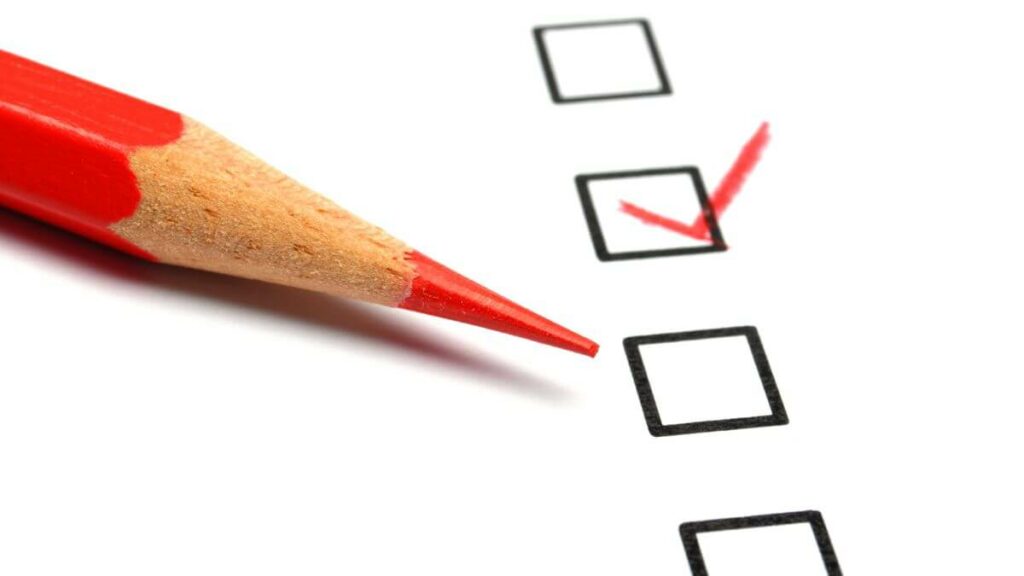As more states consider making a one-semester Personal Financial Literacy (PFL) class a requirement for high school graduation, it may be helpful to show that young people’s desire for more financial knowledge is global rather than local. With the world becoming more interconnected and fast-paced, teenagers around the world need to know more about finance and investing. A new survey of some 37,000 students across 150 countries reveals that increased financial literacy education is the second most desired education reform, falling only behind increased computer and technology education.
Around the world, students believe formal education is not sufficiently preparing them for the workforce and life skills. Survey results from Play Verto and the United Nations can be downloaded and used to help policymakers worldwide explore which education reforms are most desired by students. Other global financial literacy surveys, such as the Standard & Poor’s Ratings Services (S&P’s) Global Financial Literacy Survey, reveal a pressing need for more financial education worldwide.
International Help for Financial Literacy Education
On a global scale, several institutions research financial literacy and financial education. Domestic nonprofits use some of this research to assist with their efforts to improve financial literacy education. For example, the National Financial Educators Council uses the World Bank’s financial literacy survey as a framework to conduct its own surveys. Such international research is also used by advocates in the United States to point out that the U.S. has room to grow in terms of young people’s financial literacy. For example, combined data from the 2015 PISA survey and the Standard & Poor’s financial literacy survey show that the U.S. ranks behind many of our closest foreign allies and trade partners in financial literacy.
OECD, the Organization for Economic Co-operation and Development, has its own financial education program. This international organization collects data on financial literacy of both students and adults. OECD recommends that financial literacy education start early in schools and be taught throughout the K-12 curriculum. It has developed its own education standards to encourage rigorous financial literacy education. Specifically, OECD works actively with the European Union and nations of both Eastern Europe and Latin America to improve financial education.
Nonprofits like Financial Literacy International (FLI) are based in the United States but help educate individuals in low-income nations about financial literacy. They also provide some financial services, such as access to micro-lending. The International Monetary Fund (IMF) also provides both financial services to low-income areas and financial literacy education. The IMF, as a nongovernmental organization (NGO) focuses more on providing financial education to government officials in developing nations on economic issues. The general public can also take these courses, which are more advanced than those normally taken by high school level students.
The United States is a leading research center for global financial literacy, such as George Washington University’s Global Financial Literacy Excellence Center (GFLEC). GFLEC crafts policy guidelines to help many nations improve their citizens’ financial literacy, which includes the creation of its own comprehensive Personal Finance course. The Center also has other financial education initiatives targeted toward specific groups, such as girls.

